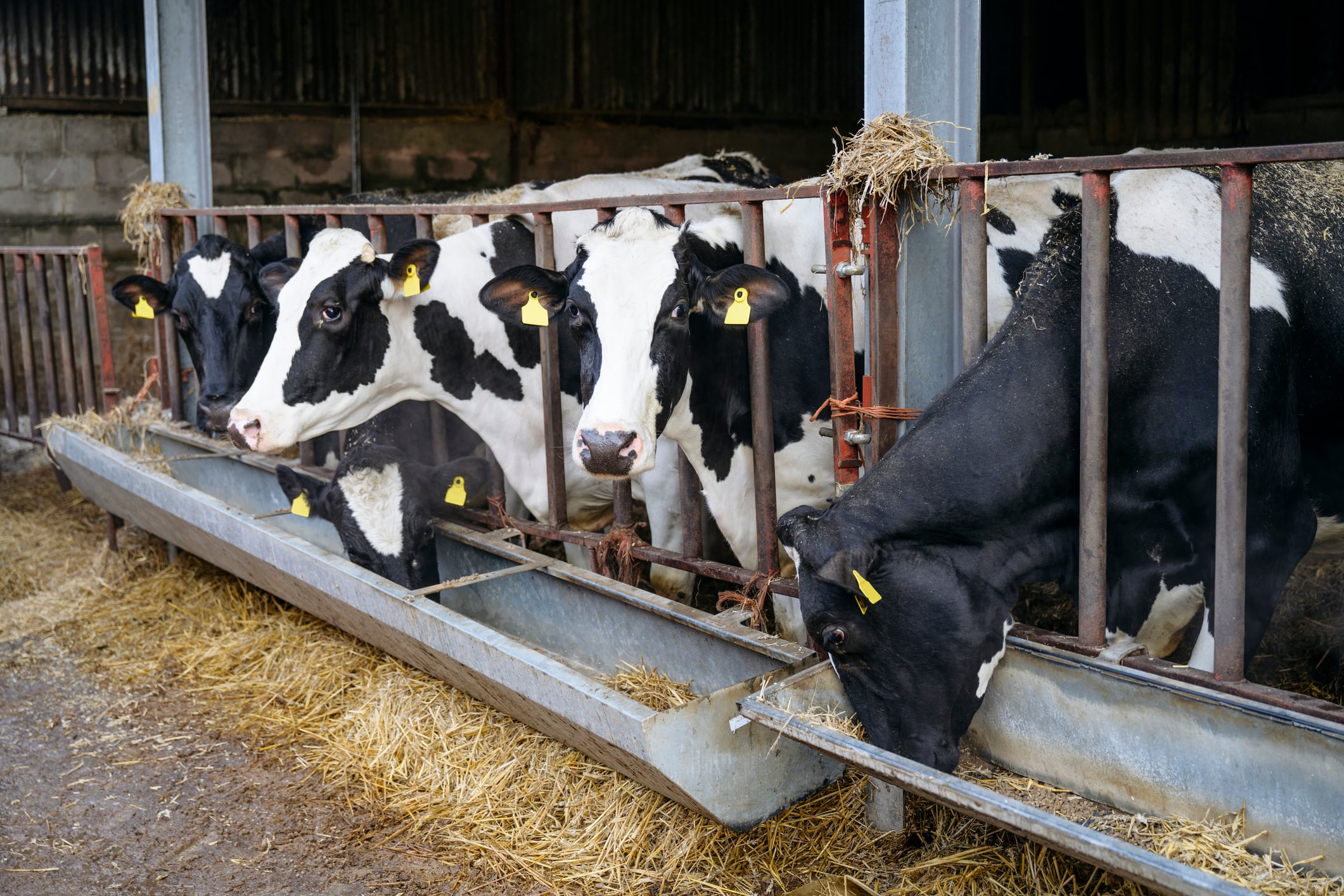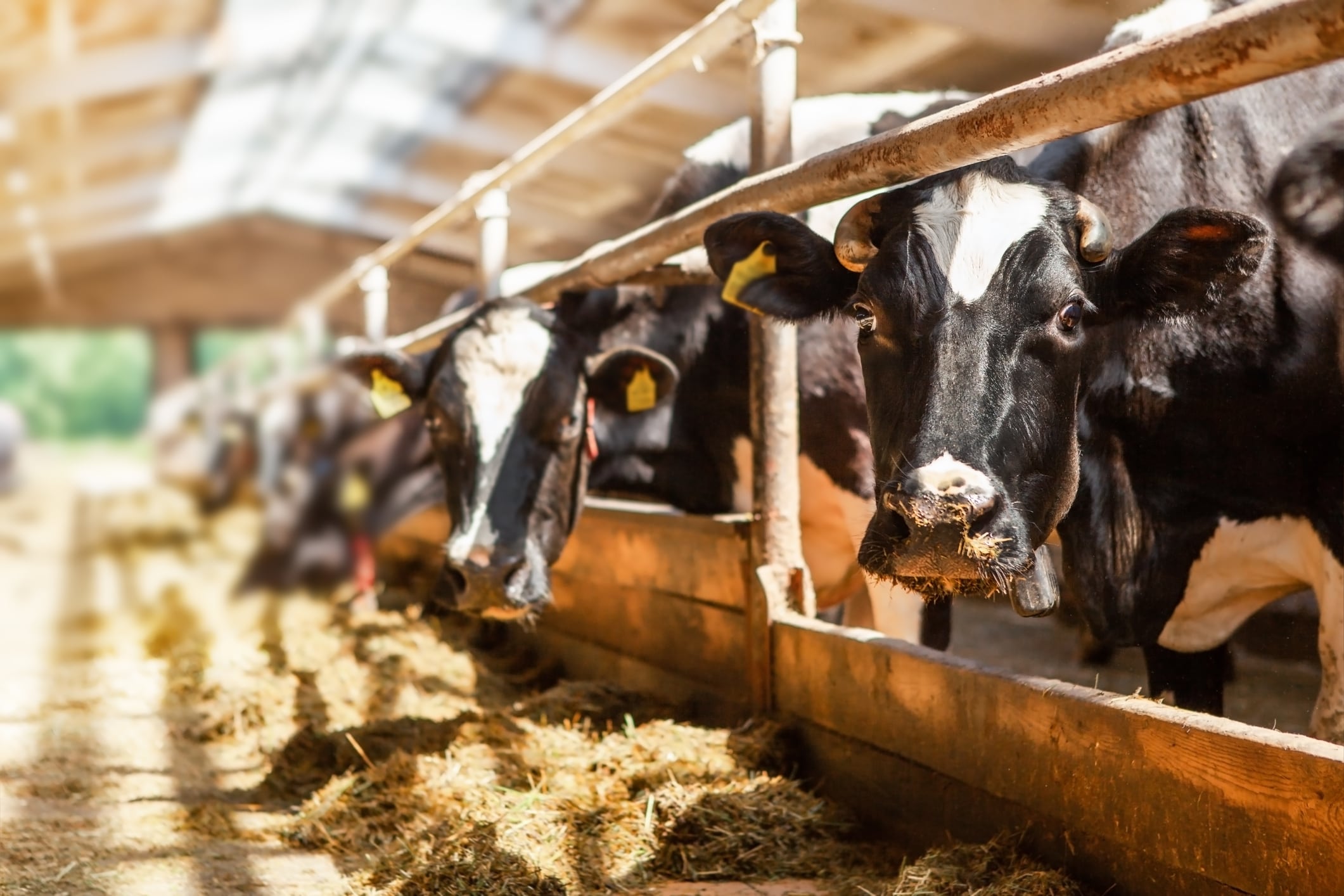Government agencies and industry bodies are investigating suspected links between contaminated animal feed and confirmed botulism outbreaks that have killed or forced the culling of hundreds of cattle across several UK counties.
The Food Standards Agency (FSA) and the Animal and Plant Health Agency (APHA) confirmed to the BBC that they are examining cases in Essex, Northamptonshire and Shropshire. While stressing that there is no evidence of an immediate risk to human health, both agencies said precautionary measures have been implemented.
Jodie Wild, head of the incidents unit at the FSA, said the outbreak is thought to be associated with a contaminated feed product that has since been withdrawn from sale.
Potentially affected feed traced and isolated
The Agricultural Industries Confederation (AIC), which represents the UK feed sector, acknowledged suspected fatal cases of botulism in cattle on a small number of farms, potentially linked to feed supplied by a business certified under the Universal Feed Assurance Scheme (UFAS) and Feed Materials Assurance Scheme (FEMAS).
An AIC spokesperson said members were notified and stakeholders consulted throughout last week and confirmed that all potentially affected feed has been traced and isolated, with customers contacted directly by suppliers. The business involved is cooperating fully with regulators to establish the source of contamination, although no definitive link has yet been confirmed.
Although all known feed linked to the outbreak has been isolated, the AIC cautioned that the incubation period for botulism can extend up to three weeks, meaning further cases may still emerge. The organisation said the implicated feed business was contacted by two customers reporting suspected cases of botulism associated with the same batch, and that all affected parties were notified within 24 hours.
What is botulism?
Botulism is caused by toxins produced by Clostridium botulinum and is almost always fatal once ingested. In livestock, outbreaks are most often associated with contaminated silage, animal carcasses or poultry litter.
The UK has recorded repeated incidents in recent years. In 2015, a goose carcass in silage killed five beef heifers, while a 2017 outbreak in a high-yielding dairy herd wiped out 38 cows within days. Under UK law, animals affected by botulism and their produce cannot enter the food chain, and restrictions also apply for 18 days after exposure ends.
Protocols
The AIC stressed that feed assurance schemes require full traceability and a documented product recall procedure, and said the suspected source ingredient has already been removed from the supply chain.
Laboratory results on the implicated feed are still pending, but the industry has pledged to review its protocols as more information becomes available.
“Although this is no consolation to the farmers affected, the UK feed industry supplies in excess of 14 million tons of feed annually, and this is the first time we are aware of feed supplied to a farm being implicated in a case of botulism,” the spokesperson told AgTechNavigator. “Most botulism cases are linked to on-farm contamination.”
Compensation
Asked about compensation, the trade group said the feed company is working with its insurers and has advised affected farmers to make claims directly. Both the company and relevant authorities are providing support to those impacted.
The AIC said it is working closely with the industry and regulators to ensure that any relevant lessons are learned.





